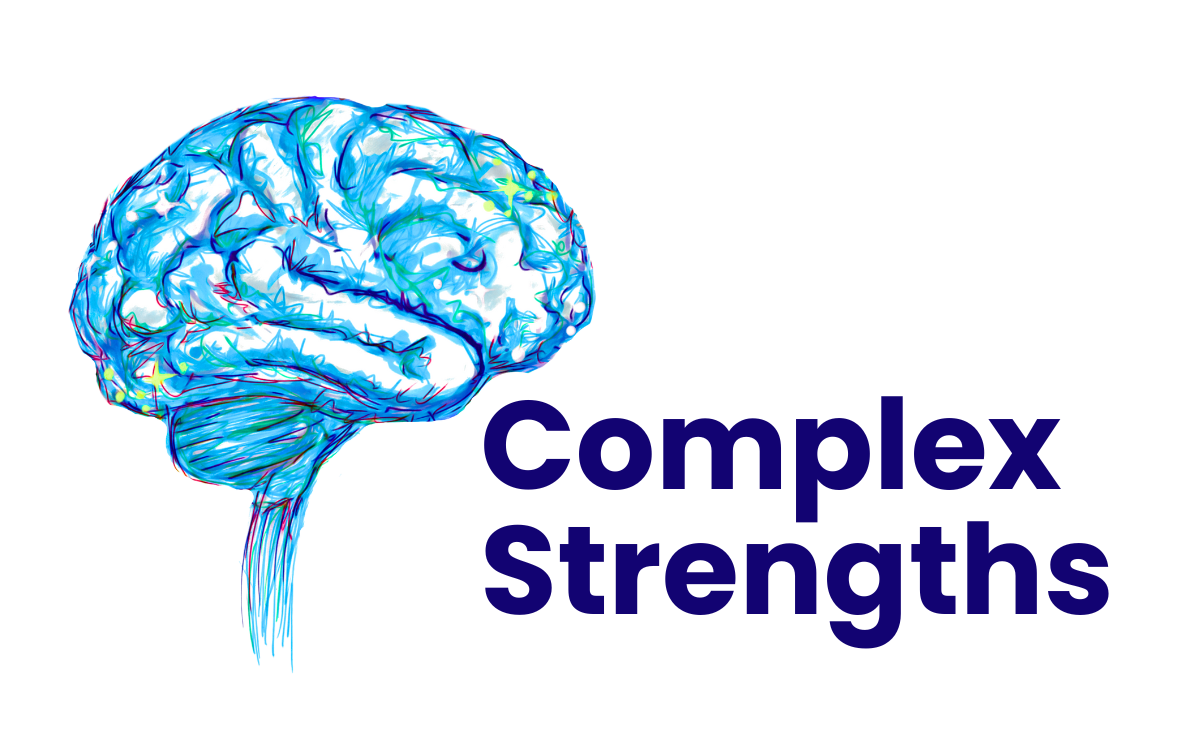Understanding difference
makes all the difference
On Training Content:
What kinds of neurodiversity training do you offer and can it be shaped for our organisation’s needs?
We want to approach neurodiversity in an intersectional way. Is that something you actively bring into your work?
Seldom listened to voices hold large amounts of the insight and intelligence essential for more profound and sustainable progress in the field of neurodiversity.
What’s the actual experience of a session like, and how do you make these complex ideas accessible?
Our training is designed to 'clears the decks' so that everyone's intelligence and insight gets to be present and useful.
Exploring the Fit:
Could you give examples of how you’ve tailored your sessions for specific teams or goals?
For volunteer funding award panelists, we created focused webinars to help reduce unconscious discrimination and make the application process more equitable for neurodivergent applicants. For Delivery, Support, and Investment Team managers at a leadership level, we delivered a full-day in-person training focused on building a Neurodivergence Positive Culture and increasing psychological safety. The session ended with a co-created action planning process, helping attendees map out their next steps. For mentors and coaches working with neurodivergent entrepreneurs, we designed a webinar and reflection toolkit to build understanding around communication differences, emotional regulation, impacts on motivation and progress, and relational support without pathologising.
Will our staff have opportunities to reflect, ask questions, and consider how to apply this to their roles?
We collaborate with participants so they can leave not only with new understanding, but with a sense of clarity around how to begin applying that understanding with care and confidence.
Do you offer training in-person, virtually, or both?
Is it always a full-day workshop, or can we choose different formats?
90-minute webinars Half-day or full-day live sessions (online or in person) Two-day immersive trainings Twilight or lunchtime “drop-in” sessions Group and peer coaching Individual mentoring or consultation Open office hours for ongoing Q&A and reflection
Can virtual sessions be recorded for future use?
We do find that teams and individual attendees are more comfortable, willing and able to ask questions, be engaged, and be reflective when recording is not happening.
Very often teams opt to have the presentation parts recorded and not the Q&A or reflective exercises - but this would ultimately be down to each team's choice.
Planning & Moving Forward:
Do you offer ways to help us evaluate what people have learned?
We also gather individual feedback using paper or online forms, or through post-session chats if preferred.
What kind of follow-up or ongoing development do you recommend?
Need and project specific webinars Open Q&A sessions Online "office hours” for review and consultation, policy guidance etc. Peer-to-peer support or group coaching (with light scaffolding provided) Themed sessions exploring key topics in more detail, such as communication differences, psychological safety, or inclusive leadership Onboarding-style training videos or welcome webinars for new staff
We have around 100 staff. Can you offer training at that scale — and how might we approach it?
What do you charge — and do you offer discounts for charities?
We’re always open about how and why we charge what we do.
That means your investment has a social benefit ripple effect well beyond your own staff.
Two 150-minute webinars with recordings for university faculty (98 spaces each session): £1,590 Full-day in-person leadership training for 15 managers: £4,790 Six repeat 90-minute webinars (following leadership training): £2,250
Not seeing your question here?
We’re happy to work out what fits
your culture, budget and goals. → Let’s talk about what’s possible
